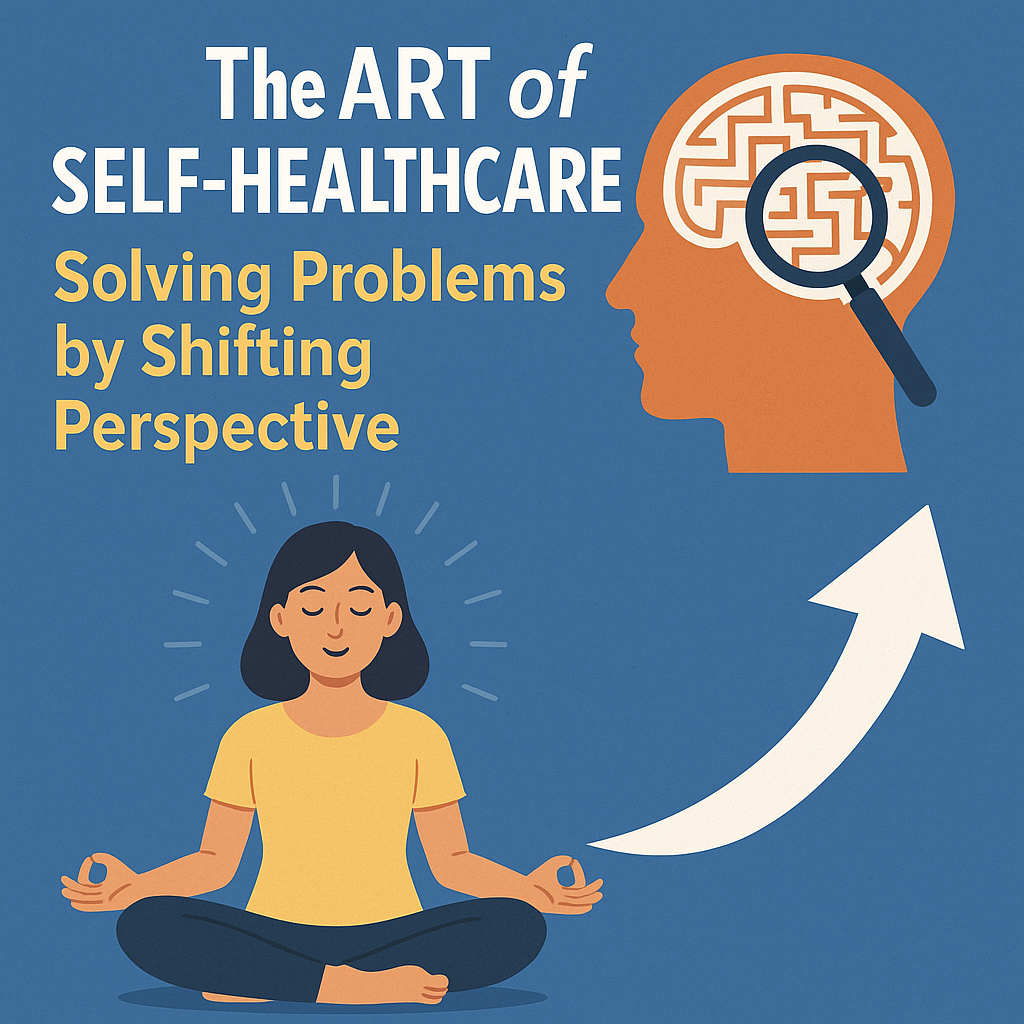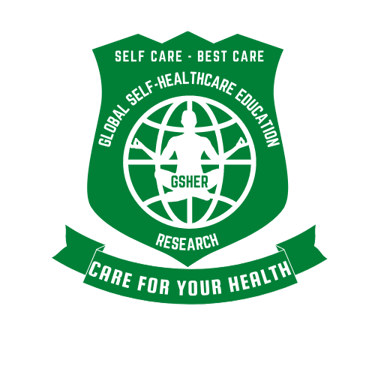The Art of Self-Healthcare: Solving Problems by Shifting Perspective
The Problem with Problem-Solving in Healthcare
Dr Biswajit Mohapatra
4/24/20252 min read


You can’t solve a problem by obsessing over the problem itself, because the very act of "trying to solve it" keeps you trapped in the same cycle. Conventional healthcare often focuses on disease care-reacting to illness, spreading awareness about ailments, and treating symptoms. But true problem-solving requires a leapfrog—a shift in perspective that moves beyond the problem and redefines the approach entirely.
The Problem with Problem-Solving in Healthcare
Most health awareness programs operate within a disease-centered framework:
"Watch out for these symptoms!"
"Get tested for this condition!"
"Here’s how to manage your illness!"
While important, this keeps people in a reactive mindset—always waiting for something to go wrong before taking action. The real issue? People are disempowered from understanding their own bodies and minds.
Leapfrogging Over the Problem: The Art of Self-Healthcare
Instead of fixating on disease, self-healthcare empowers individuals with knowledge of how their body and mind work, so they can prevent problems before they arise.
1. Mind Guides Brain, Brain Guides Body
When people understand their physiology, psychology, and the mind-body connection, they stop being passive patients and become active stewards of their health.
Example: Knowing how stress affects digestion or immunity allows someone to adjust their lifestyle before getting sick.
2. Beyond Awareness: Education as Prevention
Conventional programs say: "Diabetes is rising—check your blood sugar!"
Self-healthcare says: "Here’s how metabolism works, and how to nourish your body to avoid imbalances."
This shifts focus from fear to mastery.
3. Solutions Emerge When You Stop Chasing Problems
By teaching people how their systems function, they naturally make better choices—not out of fear, but out of understanding.
Example: Someone who learns how sleep cycles work will prioritize rest before insomnia becomes an issue.
The Result? A Healthier Society, Built from Within
When people are equipped with self-knowledge, they don’t just "manage diseases"—they *prevent them. They don’t just follow medical advice blindly—they **collaborate with it intelligently*.
The Art of Self-Healthcare isn’t about more awareness campaigns on diseases. It’s about rewriting the narrative—from "Here’s what’s wrong with you" to "Here’s how you can thrive."
By leapfrogging over the conventional problem-focused approach, we don’t just solve healthcare issues—we dissolve them before they even arise.
Would you like a deeper exploration of how this applies to specific health challenges?
Dr Biswajit Mohapatra MS,FMAS
Chairman GSHER
